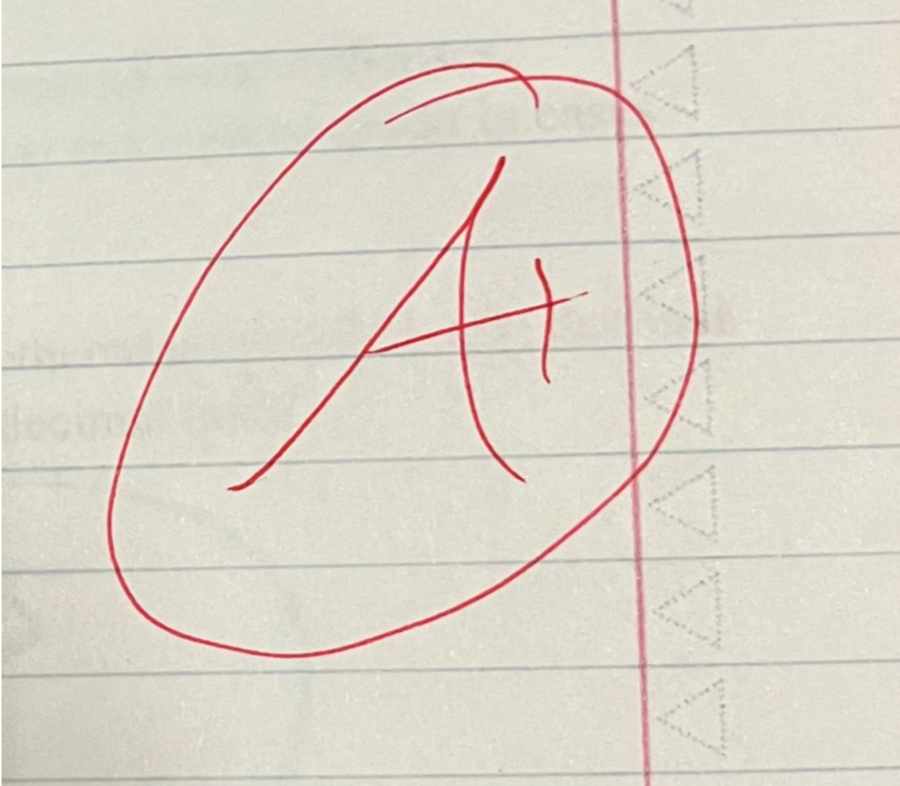What do grades really signify? What role do they play in a student’s academic journey?
The weight assigned to grades in modern education extends far beyond the classroom, impacting college admissions, familial expectations, and mental health. This article will unravel the profound impact grades have on shaping academic paths and a student’s choices. Simply put though, grades are important but they don’t define a student.
Grades are benchmarks of academic achievements and model the result of a student’s efforts, understanding, and commitment to learning. More than a number, grades convey a record of academic growth, showing the knowledge of subjects and the ability to apply their learning. Further serving as benchmarks for personal advancement, influencing admission into higher education, and shaping career paths. While imperfect, grades use a system of evaluation that aims to standardize and quantify student knowledge. The use of grades goes beyond the academic field, going to social conversations, and parental expectations, which promote accomplishment, ambition, and excellence in school.
But, does having a perfect grade mean a student is doing their best? “No, ensuring you’re practicing and learning the content is what’s best,” said Mrs. Alexandria Berte, an Economics teacher at The Village High School. While excellent grades are commendable, they may not necessarily reflect the optimal learning environment for a student. “I think grades are flawed because higher education uses grades to rank students instead of grades being used to learn,” said Mrs. Berte. When higher education utilizes grades primarily for ranking rather than fostering a genuine environment for learning, grades become a problem instead of a tool. High grades could indicate the current class lacks sufficient challenge, suggesting a need for placement in a more advanced setting, rather than intelligence.
It’s crucial to recognize that pursuing the highest grade is not the sole measure of success. For example, a grade below 90 shouldn’t be dismissed, as it can signify valuable struggle and active learning. Embracing challenges and persisting through difficulties often contributes more to genuine understanding and academic development than consistently achieving top marks.
“Grades, in my view, are just numbers that don’t mean anything and don’t define the complete person,” said senior Owen Fan, a full International Baccalaureate student. “Focusing solely on achieving top grades takes away valuable time from life experiences and can hinder one’s ability to collaborate effectively with others, a key skill essential for contributing to society.” Fan’s perspective emphasizes the potential drawbacks of fixating on top grades. He highlights how it can distract from crucial life experiences and impede the development of essential collaborative skills, qualities essential to making meaningful contributions to society. This nuanced outlook invites reflection on the broader implications of our educational focus and the importance of promoting a holistic approach to personal and academic growth.
The intricate role of grades in a student’s academic journey goes beyond mere benchmarks of achievement. They serve as reflections of intellectual growth, indicators of dedication, and gatekeepers to future opportunities. While grades wield significant influence in societal and parental spheres, it is crucial to recognize that pursuing the highest grades is not the sole measure of success. The insightful perspective shared by Mrs. Berte and Owen Fan remind us that true learning extends beyond achieving top marks and involves embracing challenges, persisting through difficulties, and actively engaging with the content. As we students navigate the complexities of grades, let us prioritize a holistic approach to our education that values genuine understanding, growth, and the pursuit of knowledge over perfection.








